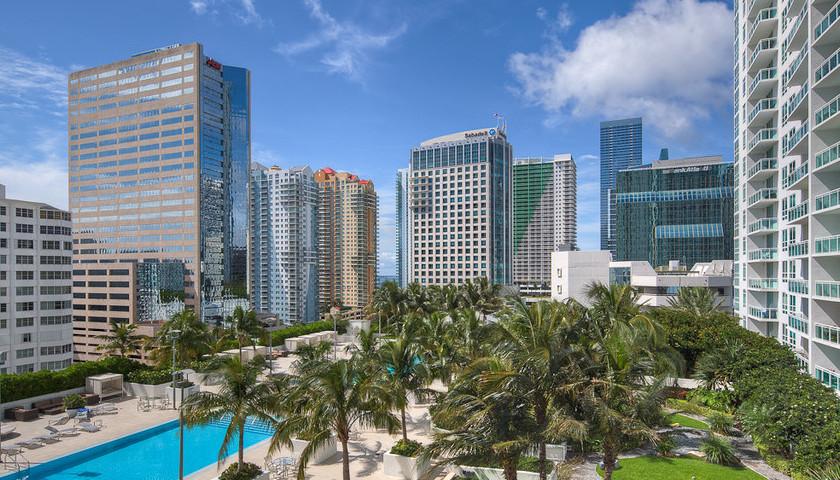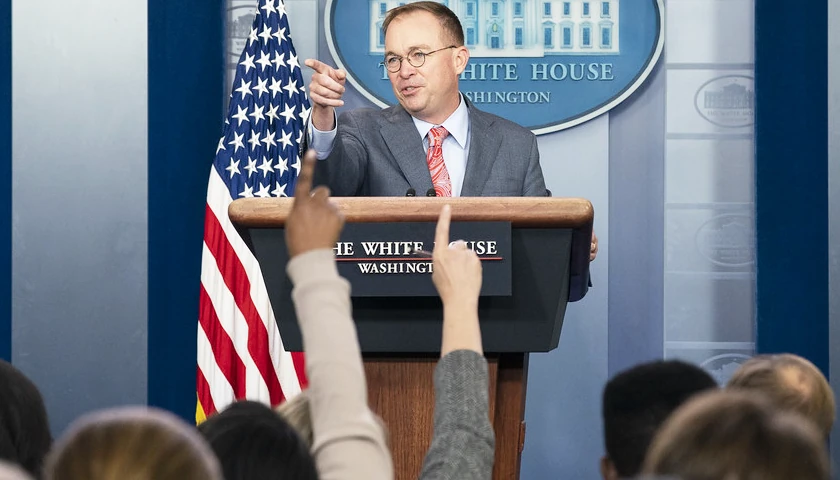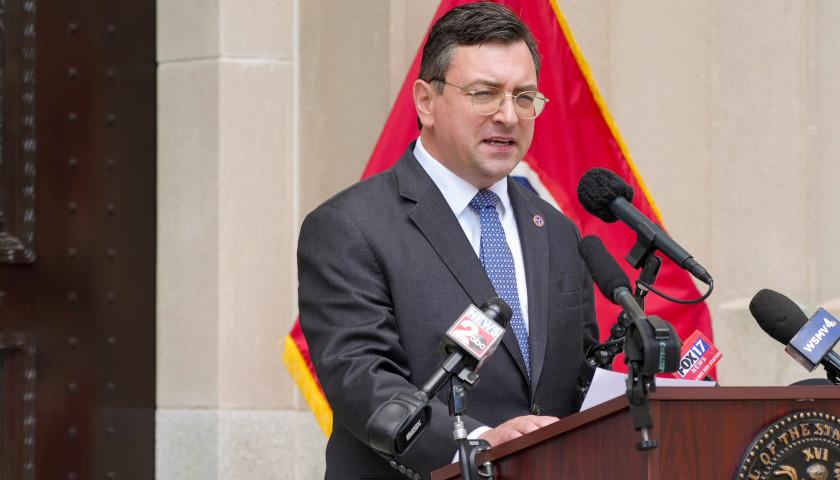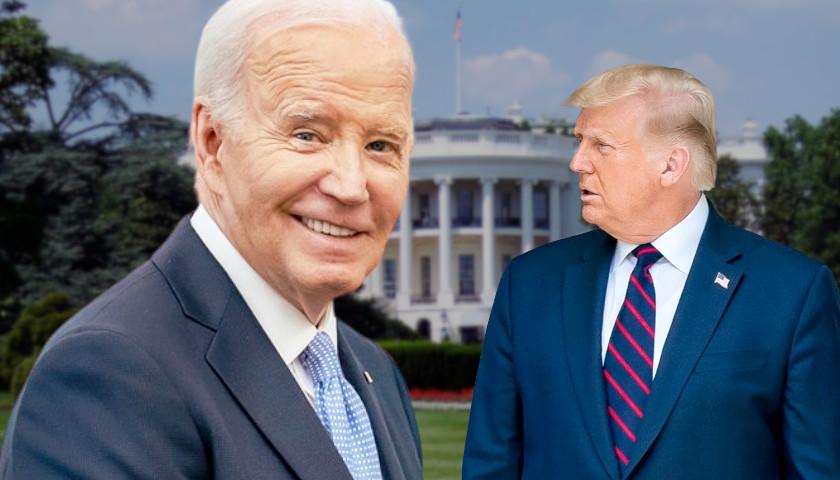by Andrew Powell
Florida lawmakers might take a look at enhancing regulatory powers over the state’s massive condominium industry.
The Florida Senate Committee on Regulated Industries held a panel Tuesday to discuss condominium governance and regulation.
Melanie Griffin, the Secretary of the Department of Business and Professional Regulation, explained that the department is responsible for ensuring that nearly 1.7 million licensees across different industries provide safe, quality services to Floridians and visitors.
The Division of Condominiums, Timeshares, and Mobile Homes within the department has regulatory oversight of residential condominiums, co-operatives, timeshares, mobile homes, yacht and ship salespersons and brokers.
Services provided by the division include establishing condominiums, providing education, taking jurisdictional complaints and conducting investigations, and arbitration and is also responsible for the Office of Condominium Ombudsman.
The division has the statutory authority to investigate condo complaints related to financial issues, operating budgets, financial records, the procedural completion of structural integrity preserve studies, and elections. However, the division does not have the authority to investigate any Homeowners Association complaints.
Peter Dunbar, an attorney from Dead, Mead & Dunbar, stated that there are deficiencies in the governance process, which became even more pronounced after the condominium collapse in Surfside Miami in June 2021.
Dunbar encouraged lawmakers to repeal certain parts of Florida laws and provided that board members certify that they comply with funding, inspection and education requirements.
“The legislation passed last year assigns to the board of directors the fiduciary responsibility to keep the building safe, but the language that requires a membership vote blocks the board from carrying out their duties,” Dunbar said.
Spencer Hennings, a former condominium ombudsman, stated there is a small minority of “bad actors” within condominium boards and that unit owners have no rights regarding day-to-day operations. This includes ousting corrupt board members.
“I think it’s quite confusing to have a 120-page Condominium Act filled with laws that there’s no enforcement for,” Hennings said, adding that he has been contacted thousands of times by homeowners who want to report a law violation by an association, but there is no one to enforce it.
Hennings added that the ombudsman’s office cannot enforce anything against a condominium board or managers if they refuse to cooperate with any concerns brought forward by unit owners.
“It would make a lot of sense to increase the jurisdiction of the DBPR,” Hennings said.
– – –
Andrew Powell is a contributor to The Center Square.
Photo “Miami Condo Skyline” by Adam Mizrahi.CC BY-NC-ND 2.0.





